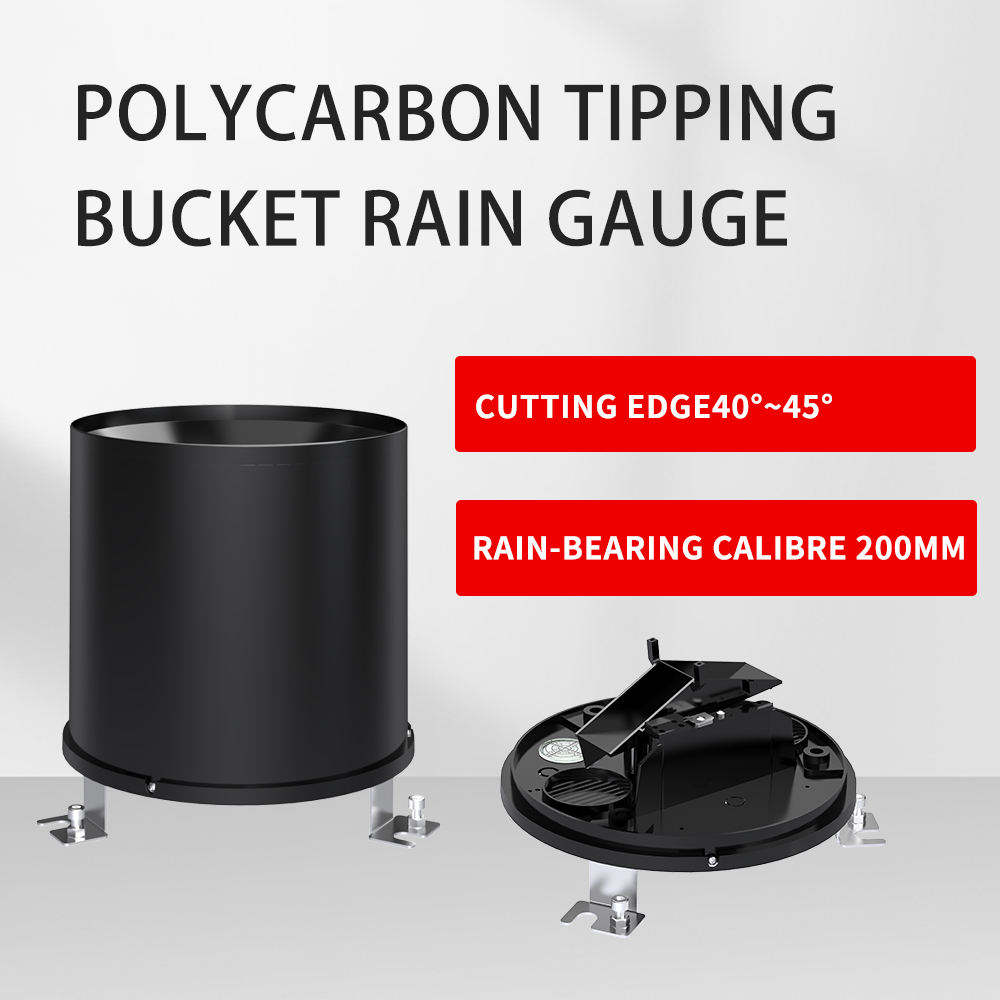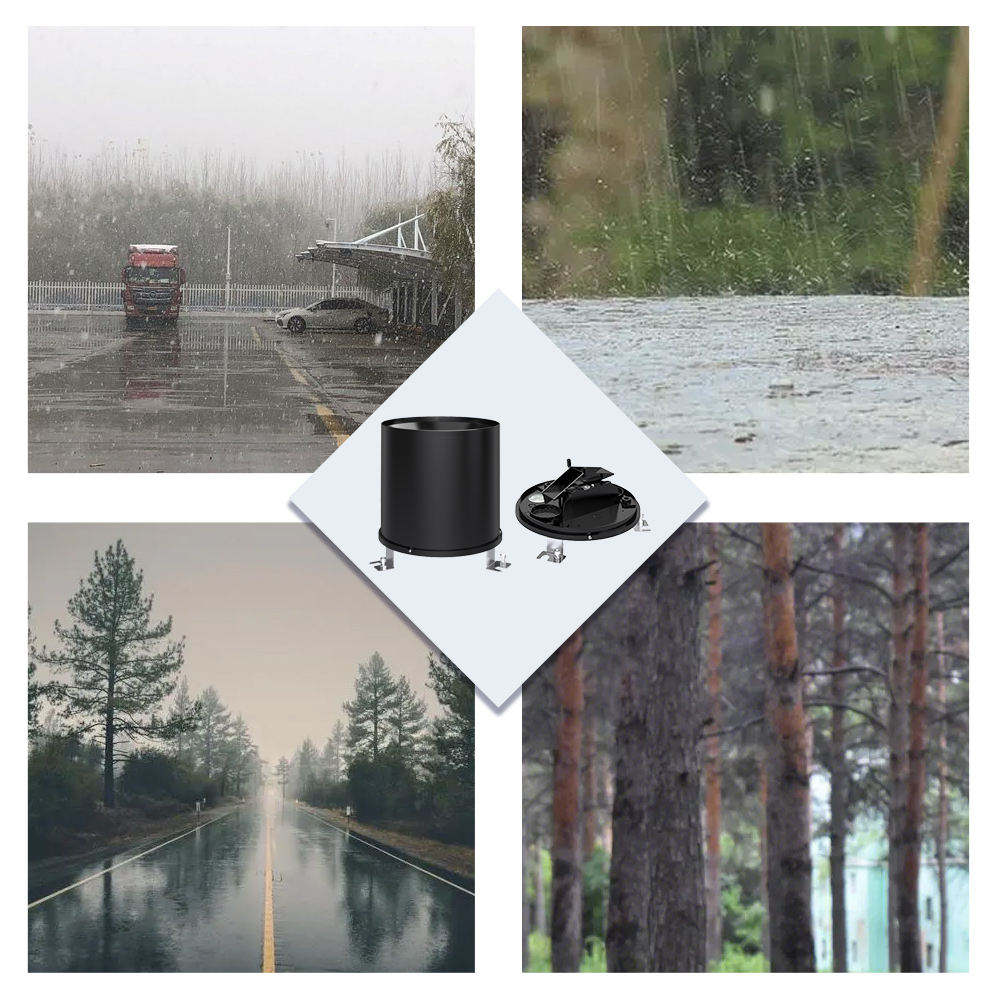Farm rain gauge Role in Agriculture
Rain gauges are important tools for farming. They offer benefits such as better sustainability and more accurate farming. Farmers and agricultural managers can use data from these devices to make smart choices. They can improve water use, lower risks, boost crop yields, and ensure lasting productivity in farming.

Here are some key ways farmers use rain gauges:
1. **Monitoring Precipitation**
Rain gauges measure rainfall in specific areas. They provide important weather data to farmers. This helps them know when and how much rain is falling. This way, they can make better choices about crop planning and farm work.
2. **Strategic Irrigation Planning**
Tracking rainfall helps manage irrigation better. For example, during dry times, farmers can use water more wisely. When it rains a lot, they need less irrigation. This lowers costs and helps keep the soil healthy.
3. **Crop Growth Optimization**
Farmers can make better planting plans by using data from rain gauges, soil moisture sensors, and crop needs. Changing planting schedules and crop types based on rainfall and soil moisture can help us use water wisely. This can also increase crop yields.
4. **Flood Management**
Rain gauges are important in areas that get a lot of rain. They help find high levels of rain. This lets farmers act quickly. They can open drainage systems or move livestock to avoid flood damage.
5. **Enhancing Weather Forecasting**
Long-term rainfall data from rain gauges can help improve weather predictions. This information helps farmers predict weather patterns and plan their farming activities better.
6. **Climate Research and Policy Support**
In research projects, setting up rain gauges in different places helps collect detailed rainfall data over time. This information helps us see how climate change impacts farming. It also helps make policies and gives farmers ways to change their practices for future climate challenges.
7. **Advancing Precision Agriculture**
Precision agriculture uses rain gauge data and other tools. These tools are soil moisture sensors, plant growth monitors, and satellite images.
This method helps farmers plan for certain areas. This boosts crop quality and yield. It also cuts down on resource waste.
8. **Data Analysis for Sustainable Agriculture**
Rain gauges can track long-term rainfall trends. This helps manage water resources, plan crops, and adapt to changing climate patterns.

Rain gauges are very important in today’s farming. They help farmers deal with environmental challenges. They also boost productivity and help farmers adjust to changing weather.

